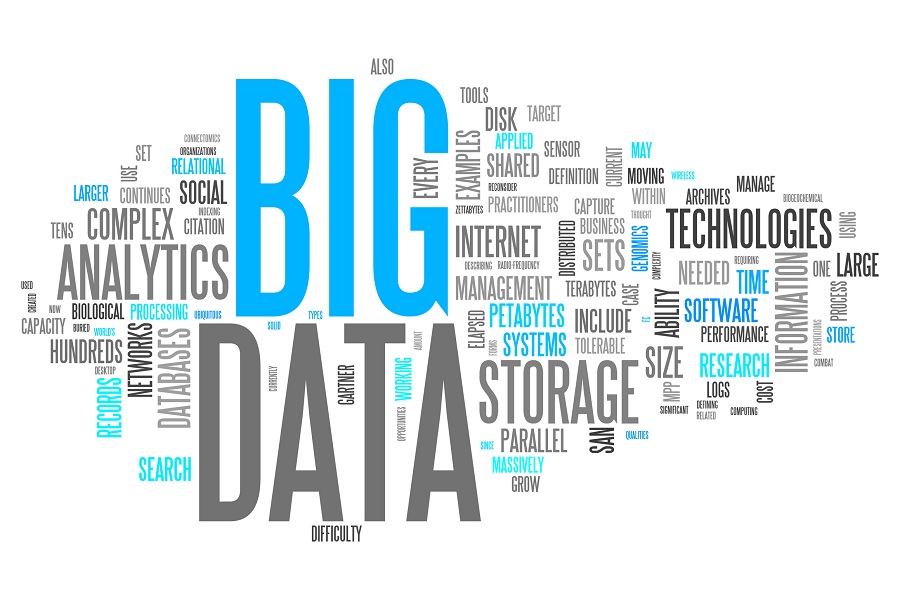Making the most of big data
IT leaders need to start working in favour of the information explosion rather than against it, warns Mark Samuels.


Big data might be a controversial term but it remains one of the most talked about areas of business IT. The reason is simple enough: customers, partners and employees are creating huge amounts of structured and unstructured information.
Estimates suggest 90 per cent of the world's data has been generated in the past two years. Any IT organisation that takes a proactive stance now is more likely to develop the type of intelligence that will generate a future competitive edge for the rest of the business.
Technologies that create the type of insight the business craves, such as business intelligence and analytics, are in high demand. But are CIOs really getting a grip on the sources of information? How will they use specialists, like data scientists, to create new knowledge for the business?
JJ Van Oosten, group CIO at building supplies specialist Travis Perkins, says that despite the hype associated with big data there can be no denying that the internet is creating a tectonic shift. His advice to other technology chiefs is clear: "Embrace the information explosion or become a victim of it."
Any IT organisation that takes a proactive stance now is more likely to develop the type of intelligence that will generate a future competitive edge for the rest of the business.
Van Oosten says CIOs must think about how they can take millions of data points, and combine the computing power of the cloud with clever predictive tools, to provide significant competitive advantages. He compares traditional marketing to the work of advanced online teams, who now bring together data, facts and algorithms to continually optimise deals for customers.
The growth of data and the rise of online marketing means CIOs must adopt a servant leadership model. Van Oosten says IT leaders must support the rest of the business, helping to create cross-functional ways of working and real-time cultures.
Mark Foulsham, group CIO at esure, is another technology chief who is wary of the hype associated with big data. He says the growth in information is more usefully viewed as the latest stage in the continuing development of business technology.
Get the ITPro daily newsletter
Sign up today and you will receive a free copy of our Future Focus 2025 report - the leading guidance on AI, cybersecurity and other IT challenges as per 700+ senior executives
"Social and mobile are key catalysts for this growth," he says. "The next catalyst will be the so-called internet of everything. Interconnected and intelligent devices at home and in the business will lead to another huge increase in data. The complexity involved in combining and making the most of this data is also increasing exponentially."
Foulsham says the way businesses cope with the growth in data is related to operational context. He says there is a progression towards more intelligent data warehousing in firms and the re-emergence of telematics via mobility, social media and location-based information. But he is not aware of any organisation that has implemented a dedicated big data solution.

Mark Samuels is a freelance writer specializing in business and technology. For the past two decades, he has produced extensive work on subjects such as the adoption of technology by C-suite executives.
At ITPro, Mark has provided long-form content on C-suite strategy, particularly relating to chief information officers (CIOs), as well as digital transformation case studies, and explainers on cloud computing architecture.
Mark has written for publications including Computing, The Guardian, ZDNet, TechRepublic, Times Higher Education, and CIONET.
Before his career in journalism, Mark achieved a BA in geography and MSc in World Space Economy at the University of Birmingham, as well as a PhD in economic geography at the University of Sheffield.
-
 The Era of Hybrid Cloud Storage
The Era of Hybrid Cloud StorageWhitepaper
By ITPro
-
 Women show more team spirit when it comes to cybersecurity, yet they're still missing out on opportunities
Women show more team spirit when it comes to cybersecurity, yet they're still missing out on opportunitiesNews While they're more likely to believe that responsibility should be shared, women are less likely to get the necessary training
By Emma Woollacott